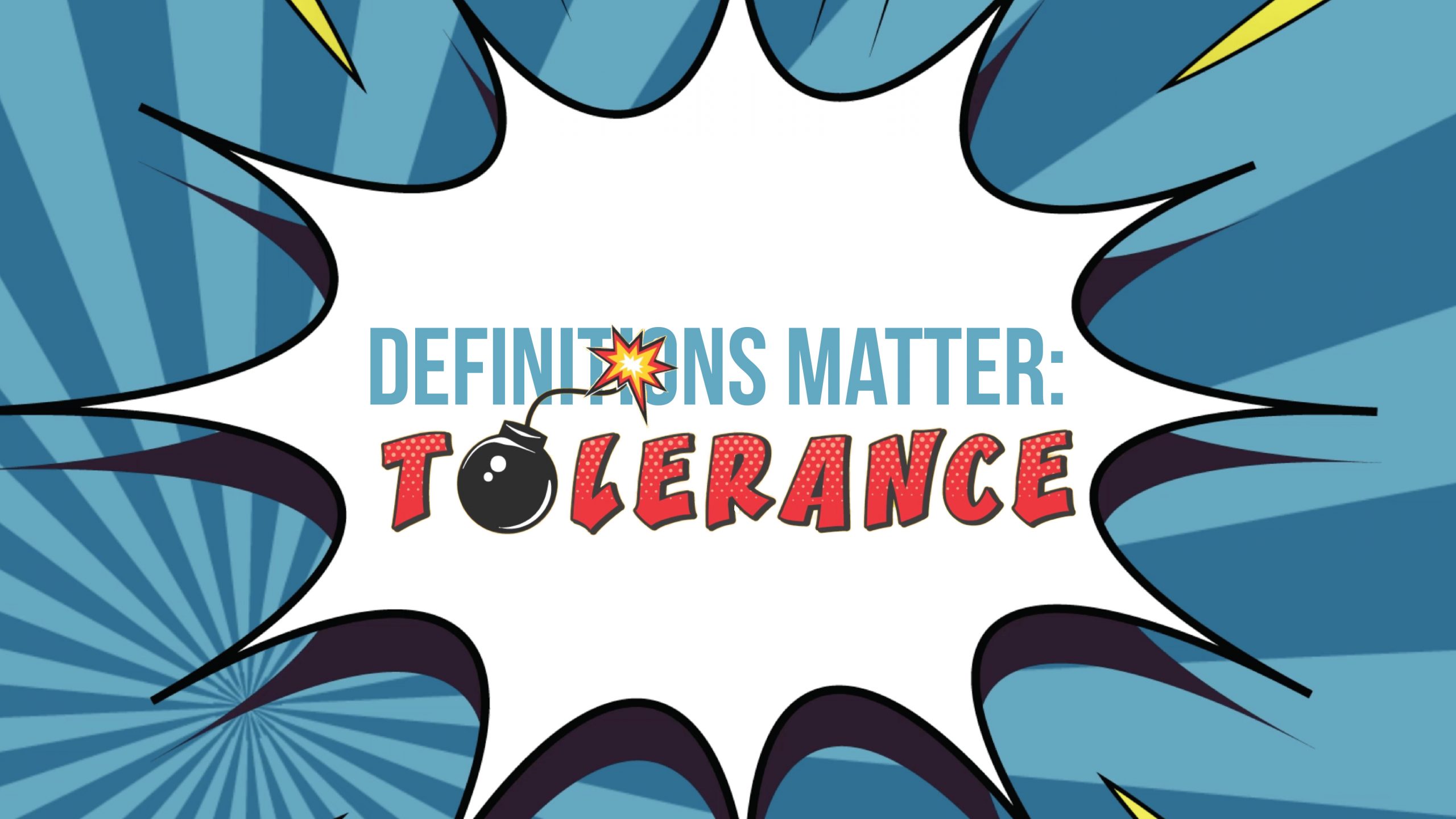How to Have a Conversation: When Under Pressure
What Would You Say?
You’re in a conversation and suddenly an assertion is leveled against your view and you don’t know how to answer it. Now maybe you’ve forgotten the reasoning or evidence, or maybe haven’t done your research in the first place.
What would you say?
The What Would You Say videos are a great way to ground yourself in the basic arguments for Christian values and convictions, but the pressure of the moment, you may not be able to recall the details. For those situations, you need a game plan. The next time you’re in over your head, here are three things to remember:
First, don’t try to answer the challenge immediately. If you do, you’re giving them a free ride.
Second, don’t be taken in by their, “I can explain that” response and
Third, ask for specific reasons why their ideas should be taken seriously
Thanks to Greg Koukl for his contributions to this video. Greg is the Founder and President of Stand to Reason. You can learn more by visiting https://www.str.org/
- Transcript
- More Resources
- Watch More
You're in a conversation and suddenly an assertion is leveled against your view and you don't know how to answer it. Now maybe you've forgotten the reasoning or evidence, or maybe haven't done your research in the first place. What would you say? The What Would You Say videos are a great way to ground yourself in the basic arguments for Christian values and convictions, but the pressure of the moment, you may not be able to recall the details. For those situations, you need a game plan. The next time you're in over your head, here are three things to remember: Number one, do not try to answer the challenge immediately. If you do, you're giving them a free ride. Sometimes a person makes a claim thinking he's made a case for his opinion, When in reality, he hasn't actually given us any reasons.If we try to jump in and answer the challenge at this point, Then we've given him a free ride because we haven't asked him for the reasons, for his own view. This is where the concept of burden of proof comes in. Let me explain what I mean, the burden of proof is the responsibility somebody in the discussion has to give reasons or evidence for their view. Now who has that responsibility? Here's the rule, the person who makes the claim bears the burden. If you make a claim, that's controversial, it's your job to give reasons why you think anyone should take the claim seriously. We're not going to respond to the claim, We are going to ask them to give evidence for their claim and then respond to their claim. Number two: Don't be taken in by their “I can explain that” response. A lot of times a person is going to sidestep the burden of proof by simply saying, “well, I can explain that.” And that phrase often signals that they're simply going to embellish their claim and make it sound more convincing, rather than actually giving reasons to believe the claim is true. For example, somebody says, “well, Jesus, wasn't a supernatural man, he's just a plain guy who taught nice things.” And you might say, “well, what about the miracles that we find in the record?” And then he says, “I can explain that. Hundreds of years after the original gospels were written, Christians put more information in there to make Jesus look like a supernatural figure so that people would obey the church.” Notice all he’s done is expanded his claim. He has not given any reasons why you should believe that the claim is true. So don't take the bait. And this brings us to the third point. Number three. Ask for specific reasons why the person's ideas should be taken seriously. We don't want to give them a free ride. We want them to defend their view. So if they make a particular claim, even if it's embellished with, “I can explain that,” We want them to explain why their explanation is worthy of being believed. That takes reasons, say somebody says, “well, there is no God,” or “Jesus never existed,” or “the Bible has been changed,” or “science has disproved the supernatural.” These things come up all the time and Christians want to jump in and give the reasons against the claim. Stop. Wait. Don't do that. Shift the burden of proof back on to the person who made the claim using some form of the question, “now, how did you come to that conclusion?” Or “what are your reasons for that?” So the next time you're in over your head during a conversation, remember these three things: Number one: Don't try to answer the challenge immediately. If you do, you're giving them a free ride. Number two: Don't be taken in by their, “I can explain that” response and Number three: Ask for specific reasons why their ideas should be taken seriously For What Would You Say? I'm Greg Koukl with Stand to Reason.


